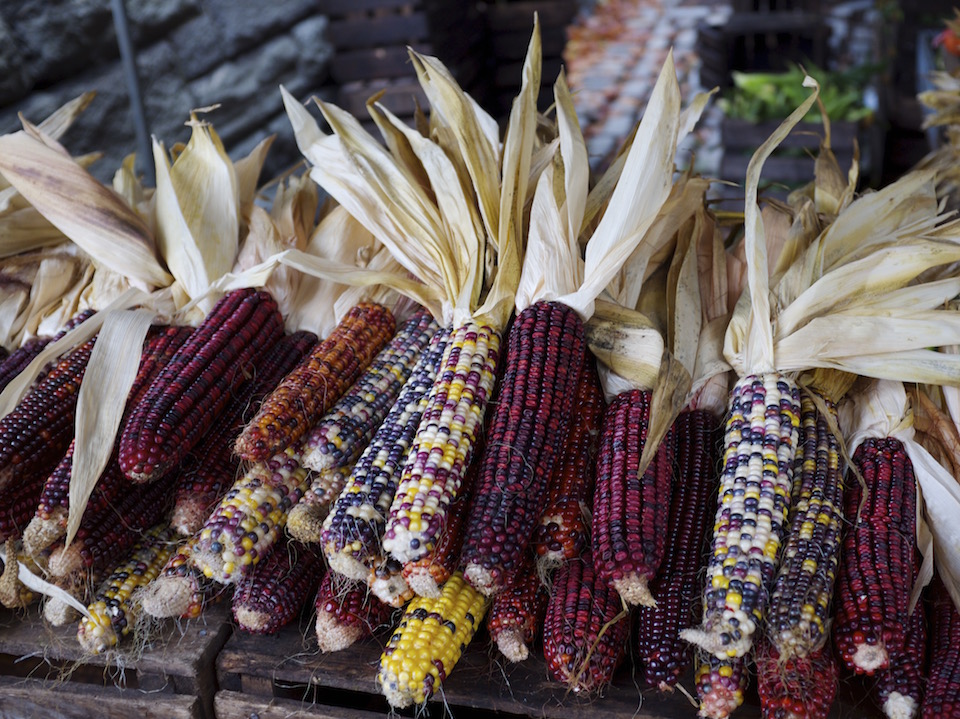
For many of us, no season’s passing is mourned as summer’s is. We manage every time not to notice how easy our lives have become in summer. We often complain that it’s not what it used to be, more like the rest of our busy year. But even those who work right through the season (as most now do) can’t deny the attitude of relative laissez-faire: the pace is slackened, the energy dampened a bit by the routine absence of colleagues in any given week. People work with a weekend-to-weekend mentality.
We don’t appreciate the relative ease until everyone snaps back to attention. The first Monday in September is Labor Day, when everyone squeezes in one more weekend of vacation, mental or otherwise. The Going Back to School sales season and drama end for us. The curtain goes up on a new academic year . . . the games begin. In many businesses, fall is the big selling season. Once again people are watching, and they begin keeping score.
This can be a rude awakening. While basking in summer, we tend not to address the big strategic issues such as unfulfilled professional or emotional hopes. But a fresh start can be quite energizing, too. Taking up new challenges, dealing more purposefully with work and goals: it can all add up to real stimulation, with genuine psychic and financial rewards. But also stress. There are only so many waking hours in a day. As we return to multitasking full speed, we may be psyched overall, but we also tend to lose focus on ourselves and, in a broader sense, on our place in nature. With everyone expecting more from us and holiday travel—worse yet: holiday travelers!—soon to descend on us, our equilibrium can get swamped. And sometimes we get fat. We are not alone in this: many other mammals start layering it on as the chill permeates the air—though admittedly they stop eating almost entirely in the months thereafter. (Compensations.) But what are we humans to do? C’est la vie, non?
Stimulants of the Season
It’s true that nature and tradition have ordained autumn as the last stop on summer’s free ride of on-demand bounty, of peak flavor with relatively few calories. But the season is glorious in its own way: “Thou hast thy music too,” as Keats wrote, addressing autumn’s inferiority complex compared with spring. I would not trade for anything the rustle of fall leaves, much less the changing light and hues of the landscape, the first smell of a neighbor’s fire. When I first arrived in Weston, Massachusetts, as an exchange student, it was fall, and I had not yet grown round. Being in New England, home of the Pilgrims, I could not have felt a more intense sense of arriving in America. It was then that I first celebrated Thanksgiving, the American holiday par excellence. I still remember my first taste of cranberry dressing, my first tumble in a pile of leaves of American oak and maple. There was no better place to observe the change of colors, and I became hooked on that seasonal rite. Today it can breed some anxiety among the New Englanders overrun with us gawkers, and I have even noticed people stressing out over missing the peak weekend when the leaves “turn”—such is the modern condition! At the time, though, foliage was a joyous discovery.
But nature never intended this time to be frittered away in chasing the leaves. In fact, our modern rite of back-to-school, back-to-work is perfectly consistent with nature’s plan, although in a different guise. This has always been the time to reap—in fact, for most of history, to reap for your life! Not so long ago, there was no surviving the winter without an abundance of those fruits of the earth that could be laid in for the mostly lifeless months ahead. (In the wine business, too, a bad harvest is death, at least in retail terms.)
I suppose one positive effect of mass agribusiness is to have freed those of us in the developed world from the fear of starvation. Perpetual plenitude, however, comes at a price: an impaired sense of seasonal rhythm and of pacing ourselves. Unlike summer, autumn doesn’t give us irresistible guidance regarding how to eat. Our exertions also tend to become more sedentary. Still, there are meaningful ways of registering the season in our minds and bodies. You don’t have to thresh your own wheat, but you can do better than collecting a couple of decorative gourds.
